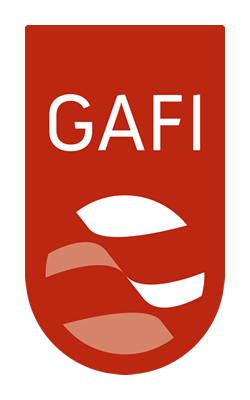En savoir plus sur une région, un pays:
Pays membres du GAFI
- Afrique du Sud
- Allemagne
- Arabie Saoudite
- Argentine
- Australie
- Autriche
- Belgique
- Brésil
- Canada
- Chine
- Corée
- Danemark
- Espagne
- États Unis
- Fédération Russe *
- Finlande
- France
- Grèce
- Hong Kong, Chine
- Inde
- Indonesie
- Irlande
- Islande
- Israel
- Italie
- Japon
- Luxembourg
- Malaisie
- Mexique
- Norvège
- Nouvelle Zélande
- Pays Bas
- Portugal
- Royaume Uni
- Singapour
- Suède
- Suisse
- Türkiye
* Le statut de membre suspendu le 24 février 2023
Réseau mondial du GAFI
- Conseil de l'Europe (MONEYVAL)
- Groupe Anti-blanchiment en Afrique Orientale et Australe (GABAOA)
- Groupe Asie/Pacifique sur le blanchiment de capitaux
- Groupe d'action financière d'Amérique latine (GAFILAT)
- Groupe d'Action Financière des Caraïbes (GAFIC)
- Groupe d'Action Financière du Moyen-Orient et de l'Afrique du nord (GAFIMOAN)
- Groupe d’Action contre le blanchiment d’Argent en Afrique Centrale (GABAC)
- Groupe Eurasie (EAG)
- Groupe Intergouvernemental d’Action contre le Blanchiment d’Argent en Afrique de l’Ouest (GIABA)
Juridictions à haut risque et autres juridictions surveillées
La "liste noire" et la "liste grise":
Parcourez nos publications, y compris les rapports, les lignes directrices et les déclarations
Déclarations publiques récentes
Explorez les domaines de travail du GAFI :



 Twitter
Twitter
 Facebook
Facebook
 Instagram
Instagram
 Linkedin
Linkedin
